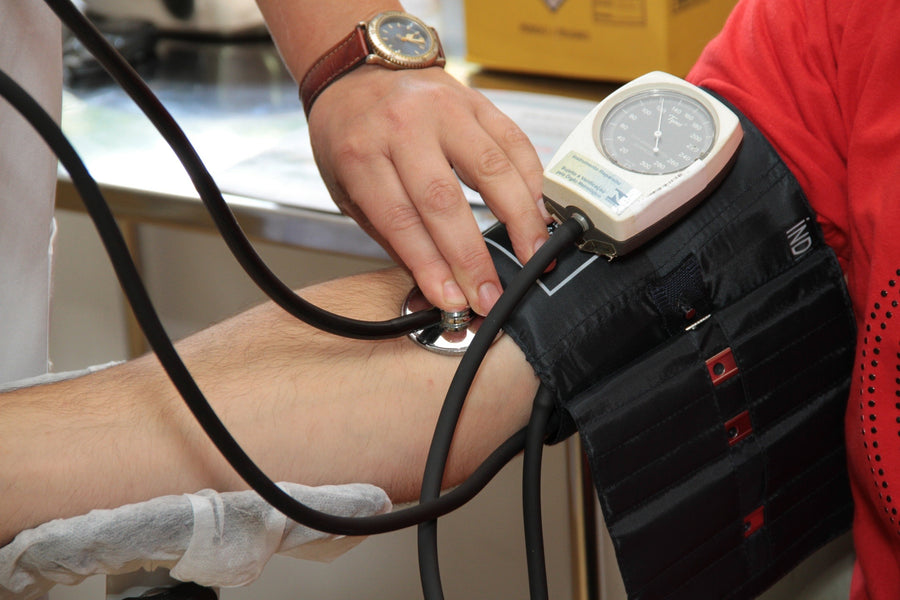
Bone loss and fractures are a major health concern among older people. Ian Reid, professor of medicine at the University of Auckland in New Zealand reports that long term calcium supplementation may increase the risk for a heart attack, along with potentially increasing the risk of stroke and death. Ian Reid and colleagues did a meta-analysis encompassing several studies that tracked 12,000 elderly people over four years. Most were women, and the average age was 72. Half of them were given calcium supplements, at least 500 mg a day or more, and the other half dummy pills. There was a 30 percent increase in heart attacks in the people who took calcium. The researchers write, "If you have 1,000 people taking calcium for five years, we expect to find 14 more heart attacks, 10 more strokes and 13 more deaths in the people given calcium than they would have had if they hadn't been treated with the mineral. That is 37 more adverse events and we expect 26 fractures being prevented. So calcium is associated with more bad things happening than with bad things prevented." It is possible that very high levels of blood calcium may damage blood vessels, contributing to hardening of arteries (atherosclerosis). When a calcium supplement is taken, the blood calcium level goes up over the following four to six hours to the top end of the normal range. This is avoided somewhat through food because the calcium from food is very slowly absorbed and so the blood calcium level changes very little. Higher blood calcium may lead to the formation of plaques in blood vessels, which can lead to heart attack, stroke and other cardiovascular diseases, BMJ, online July 29, 2010. John Baron, M.D. a professor of medicine at Dartmouth Medical School, in Lebanon, New Hampshire, was a co-author of the study.
Comments: To prevent or reduce the risk for osteoporosis, engage in more exercise, reduce or eliminate smoking and keep a healthy weight. Calcium is found in some vegetables, fortified cereal, and dairy products such as milk and yogurt and there is no risk of increased heart attack from consuming it in the diet. My recommendations to patients who are prone to osteoporosis is to still take the calcium tablets, but reduce their dosage to about 200 to 600 mg a day rather than 800 to 1500 mg daily. Also, it may be a good idea to spread it out three times throughout the day at 100 to 200 mg each tablet rather than take them all at one time. This would reduce the high blood calcium level that would occur when a very large amount, such as 1000 mg or more, is taken at one time. The results of this study also makes one question the wisdom of taking massive amounts of vitamin D, such as 5000 or 10,000 units daily. Will we, years from now, discover that there is also a higher risk for cardiovascular disorders, or other health issues, from such supplementation? I don't know, but for the time being I am staying in the cautious range of 400 to 2000 units a day whereas some doctors are nonchalantly recommending much higher amounts. Many people take vitamin D along with calcium. Could the addition of high doses of vitamin D ease the entry of calcium into blood vessels and tissues and hence increase the risk the damage to arteries and other tissue or organs, or could it have a preventive effect? We don't yet have the full answers.
See http://www.raysahelian.com/osteoporosis.html








